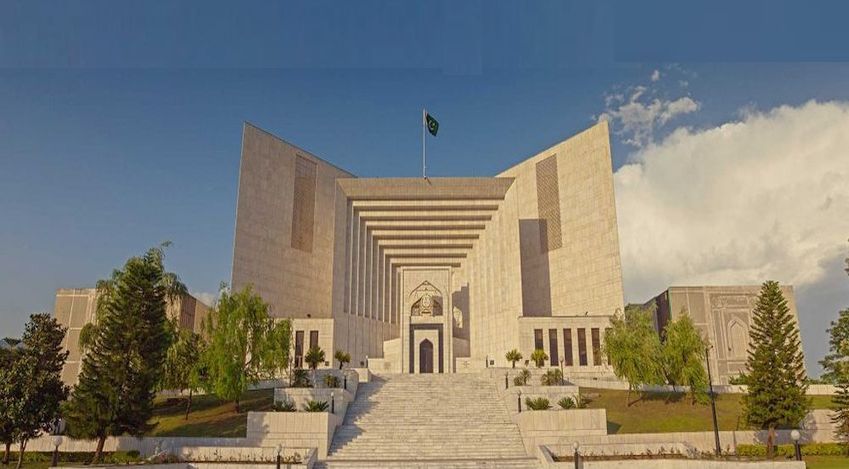The Petitioner acquired the Property from a Non-Bona Fide Purchaser during Pending Litigation, he lacked Standing to pursue the Revision Petition --- Supreme Court of Pakistan
Islamabad 11-03-2025: In a significant ruling, the Supreme Court of Pakistan clarified the legal distinction between an ‘assignment’ and a ‘sale’ under Order XXII Rule 10 of the Civil Procedure Code (CPC). The Court dismissed a Civil Petition for Leave to Appeal [CPLA No.1808-L/2015], affirming a Lahore High Court decision that denied a purchaser’s claim of being an assignee with standing to challenge a previous decree.
The case originated from a decades-old property dispute involving state land purchased by Mr. A, Mr. B and Mr. C. An agreement to transfer the shares of Mr. A and Mr. B to Mr. C through an attorney was nullified after Mr. A’s heirs contested it following Mr. A’s death. Subsequently, Mr. C’s heirs sought enforcement of the original agreement. During ongoing litigation, the petitioner purchased the disputed property from non-bona fide purchaser, whose own claim had already been declared invalid by the Courts due to a lack of bona fides.
The Petitioner asserted his status as an assignee under Order XXII Rule 10 CPC based on this purchase, relying upon the precedent set in the 1992 case of Surraya Begum Vs. Suban Begum. However, the Supreme Court of Pakistan distinguished the Petitioner’s case, emphasizing that his interest arose through a sale transaction not an assignment and further noted that recognizing such claims would create an endless chain of tenuous interests.
Mr. Justice Munib Akhtar, delivering the judgment alongside Ms. Justice Ayesha A. Malik, held that since the petitioner acquired the property from a non-bona fide purchaser during pending litigation, he lacked standing to pursue the revision petition.
Powered by Froala Editor








